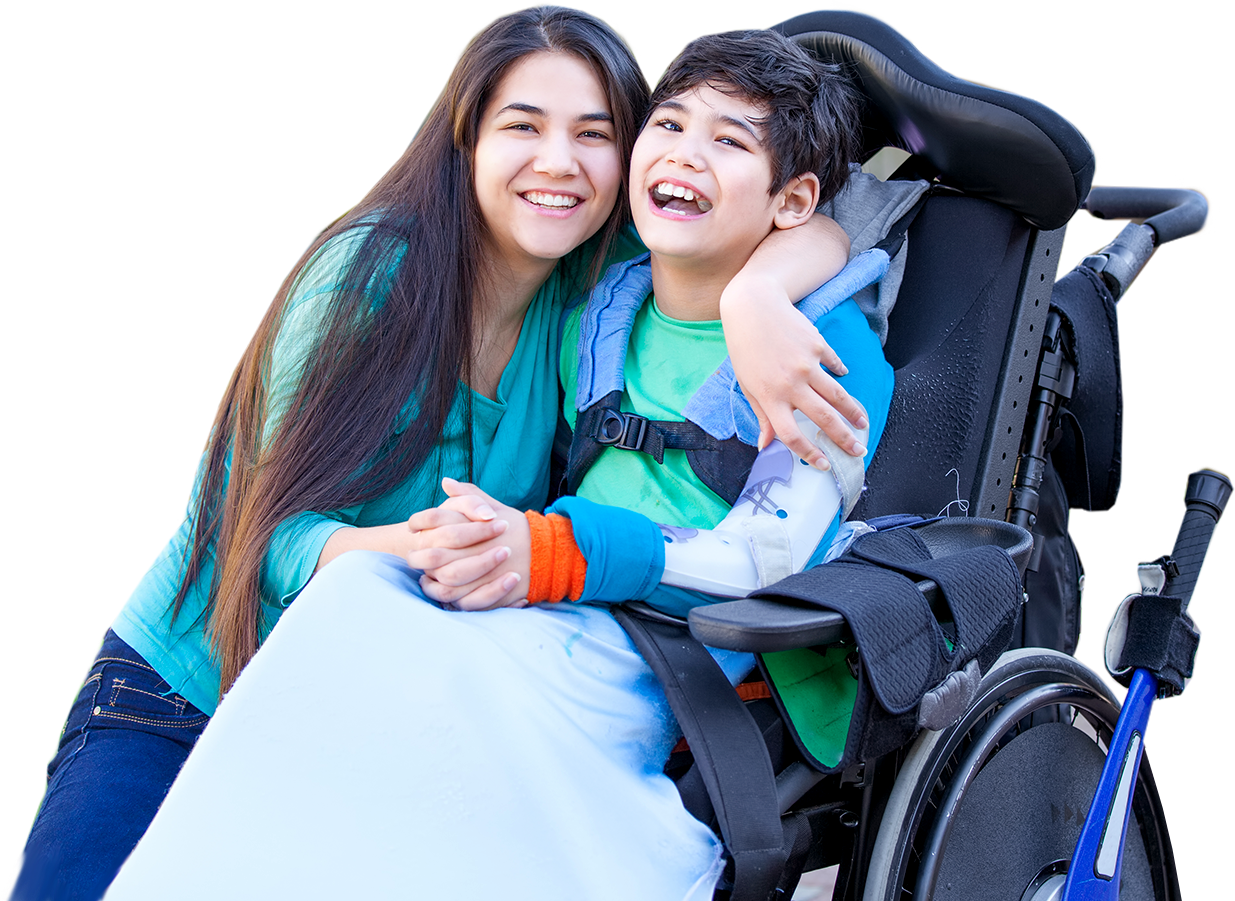CPFN Blog
advice to better care for your child

- Alternative
- Assistive Technology
- Associated Conditions
- Birth Injury
- Causes of Cerebral Palsy
- Cerebral Palsy Diagnosis
- Cerebral Palsy Information
- Cerebral Palsy Therapies
- Cerebral Palsy Treatments
- Child Development
- Doctor Visits
- Education
- Equipment
- Featured
- Legal Help
- Medical Research
- News
- Patient Care
- Prenatal Care and Childbirth
- Stories
- Tips for Parents
- Types of Cerebral Palsy
- Updates
Neuromuscular Electrical Stimulation (NMES) and Cerebral Palsy
Children with cerebral palsy have the potential to improve their motor functions and quality of life with a variety of alternative therapies. Many forms of electrical stimulation therapy, including neuromuscular electrical stimulation (NMES), treat patients with electrical impulses. Learn more about NMES, discover its typical outcomes, and find out how effective this type of therapy... Read More
Hippotherapy and Cerebral Palsy
A wide range of therapy options are designed to improve abilities and motor function in children with cerebral palsy. Some alternative therapies, like hippotherapy, may offer unique outcomes to certain patients. Discover the potential benefits of hippotherapy for cerebral palsy and determine whether horseback riding therapy could be a helpful approach for your child. What... Read More
Acupuncture and Cerebral Palsy
Cerebral palsy is a complex condition that can cause stiff muscles, lack of balance and coordination, tremors, difficulty swallowing, delayed speech development, learning difficulties, developmental delays, and trouble with fine motor skills. Some of these symptoms can cause pain as well. There is no cure for cerebral palsy, but there are many therapies that may... Read More
Acupressure and Cerebral Palsy
Cerebral palsy is a movement disorder that can cause stiff or weak muscles, poor coordination, and tremors. Patients often have floppy or rigid limbs and may have trouble standing or walking. Acupressure is an alternative treatment option that may help some children with cerebral palsy. What Is Acupressure? Acupressure is an alternative medical therapy that’s... Read More
Can Meningitis Cause Cerebral Palsy?
Meningitis is a severe condition that most often occurs as the result of a bacterial, fungal, or viral infection. This condition is often seen in preteens, teens, and young adults, but newborns and babies can also contract meningitis. When a baby has meningitis, they are at an increased risk of suffering from a permanent disability... Read More
Hypertonia and Cerebral Palsy
Hypertonia in cerebral palsy is characterized by involuntary movements that are writhing, slow, and continuous. These involuntary muscle contractions tend to be less noticeable or stop altogether when the body is relaxed and more noticeable or even severe when attempting voluntary movements. Hypertonic cerebral palsy is one of several types of cerebral palsy. What Is... Read More
Poor Judgment / Judgment Issues and Cerebral Palsy
Cognition refers to the ability to use your intellectual capacity to learn, perceive, and reason with others. When an individual suffers from cognitive impairment, they may find it difficult to perceive and understand reality, judge certain situations, and communicate effectively with others. As a result, it may be more challenging to build relationships and achieve... Read More
Constipation and Cerebral Palsy
Some children with cerebral palsy are susceptible to an array of digestive problems, one of which is constipation. Constipation is a relatively common symptom of the condition. It may be a minor ailment that goes away on its own, or it could develop into a chronic health issue. It’s important for parents and caregivers of... Read More
Dystonia and Cerebral Palsy
Dystonia in cerebral palsy causes twisting and repetitive involuntary muscle contractions that are often painful and interfere with regular movement, posture, sleep, and normal daily activities. Dystonic cerebral palsy is one of several types of CP and is a subcategory of dyskinetic cerebral palsy. What Is Dystonia in Cerebral Palsy? When the basal ganglia area... Read More
